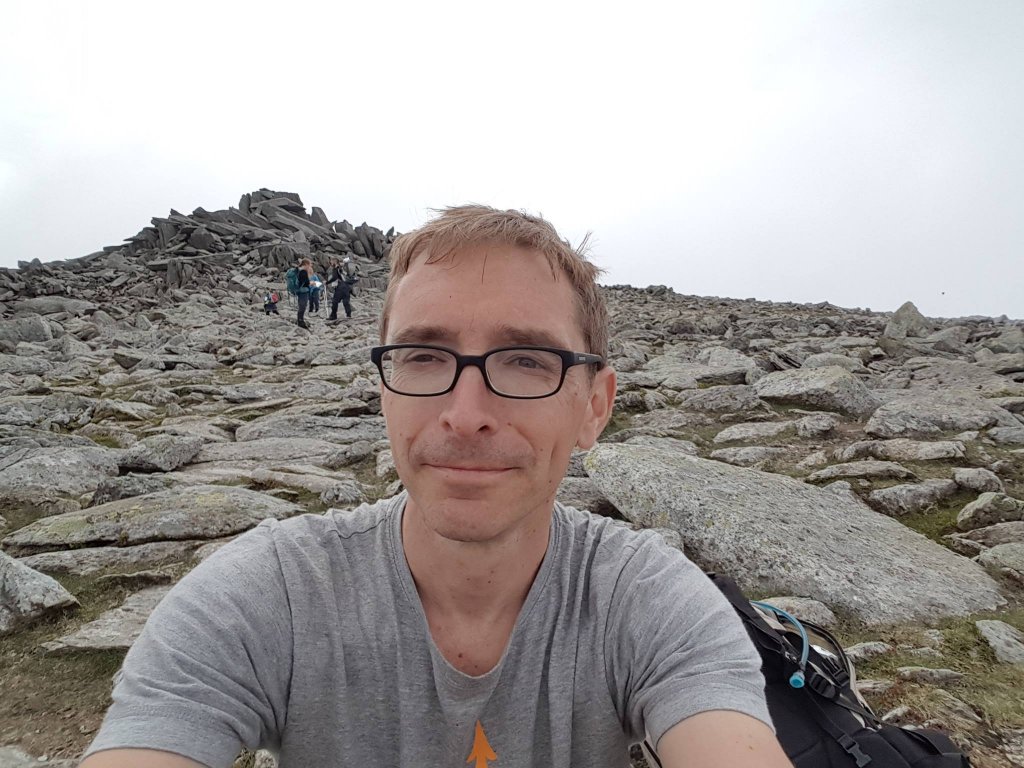As the two-day N8 International AgriFood conference begins in Liverpool when leading researchers and industry experts and representatives from across the agrifood sector debate some of the most pressing challenges facing the future of global food security, Dr Jens Thomas, co-founder of Farm Urban argues that change must come or our planet and health will suffer.
No alternative but to change or face catastrophe.
By Dr Jens Thomas, co-founder, Farm Urban

We started Farm Urban because we wanted to try and make the world a better place and if you want to improve the world, you couldn’t do better than by changing the current food system. What we eat is one of the primary factors affecting our health and wellbeing and the way that we currently produce food is one of the most destructive practices that humans have ever undertaken. Entire ecosystems on land and in the sea have and are still being destroyed by humans feeding themselves.
Tackling the food system is a hugely complex issue and requires input from every field of human endeavour, but particularly from science. This year’s N8 AgriFood International conference in Liverpool (June 14/14) brings together a wealth of experience from across the spectrum of science; from chemical engineering and biology, to psychology and marketing.
At Farm Urban we focus on urban farming using soil-free techniques like hydroponics and aquaponics, because we believe it can give people access to the freshest food possible in a potentially environmentally sustainable way. We’re not against soil though, far from it; our roots are in permaculture, which prizes soil as one of our most valuable resources, providing an array of benefits to both people and planet and vital to food production. Our soils, however, are under threat and need our protection.
Soil-free vertical farming allows us to grow in places where it would be impossible to do so otherwise, freeing up land for more sustainable soil-based growing, or even to be returned to nature to help soak up some of the CO2 we’ve released into the atmosphere. It also uses far less water, another resource that is becoming increasingly scarce and rapidly becoming one of the biggest issues facing humanity.
It is estimated that urban farming could provide up to 10% of global total food production, but that’s still a long way short of what we need to protect our soil and water. No single solution will work. We require a diverse range of methods: a polycultural, rather than a monocultural approach. Many of the participants at this conference bring interesting new perspectives on how we can do this.
Finally, whatever we do, it always comes down to people, so engaging communities is vital. The conference also includes small social enterprises and community projects like Farm Urban and the Real Junk Food Project, with their roots in schools and the community and the power to influence people on a grass-roots level. Experts in marketing and psychology are attending too, so it will be fascinating to see if we can find ways to take some of the techniques that have been used to make us eat food that is bad for us and the planet, and use them to help us eat better for ourselves and the future.
We’re really looking forward to this meeting and hope that the discussions and ideas that come out of it will help us to create a food system that works both for us and the planet. There isn’t an alternative.